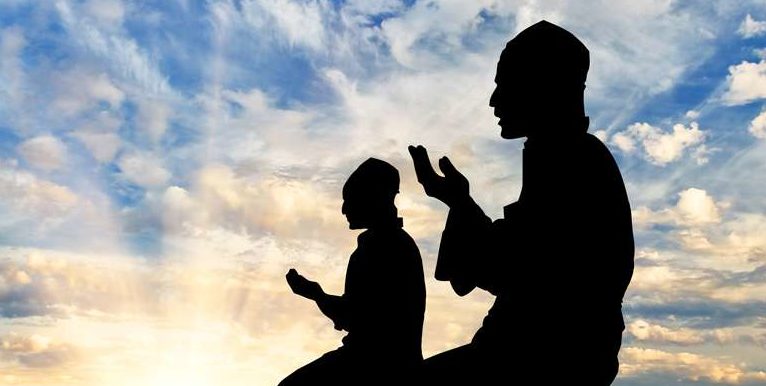
Are Muslims New Age’s Untouchables?
Confusion of Categories – Muslims and Dalits are Not Comparable Categories
In the article ‘The myth of appeasement‘ published in the Indian Express, Jaffrelot and Kalaiyarasan compare Muslims and Hindu Dalits (?) in terms of their socio-economic development and like the Sachar Committee report lumps them together to claim that the Muslims are getting worse than Hindu Dalits. This lumping together and comparing between the Muslims and Dalits is not justifiable on many counts.
Muslims in India are the religious minority, while the Dalits in India are not the “religious” minorities. There is a fundamental difference between the sociology and history of the Muslims and Dalits. The Muslims in India, though divided on the basis of caste, are not judged by the social prejudice, they are feared by the Caste Hindus, while the Dalits are looked down by the Caste Hindus. This is a basic sociological difference. The Muslims in India are not treated as the untouchables.
The Muslims in India have been intellectual leaders pre-independence period and have ruled influential princely states in both North and South India. As a matter of fact, they ruled India before the British came to India and established Raj. They do not have the history of oppression like the Dalits have, hence any comparison between the “Muslims” and Dalits is not rational even from the “socio-economic” point of view.
Muslims in India are caste-ridden and the Ashrafi Islam is as anti-Dalits as the Brahminical Hinduism. Upper caste Muslims in the North has been in the forefront to force the practice of caste and untouchability in their areas. The Upper caste Muslims and their privileged positions have not changed over the course of history. They continue to dominate the academic institutions and continue to create narrations that ultimately benefit their Muslim Upper caste privileges. They can be named in tonnes and they are known to remain passive about the social plights of their own lower caste “Muslim” brothers and sisters.
The natural categories to compare between the Dalits are the “Dalits” in Islam itself, but that is begging the question. The Dalits have remained Dalits whether they are converted to Islam and Christianity. [Read – Impact of Hindu Caste Divisions on Other Religions] The Dalit as a sociological category can include the Dalits in the other religions like Christianity and Islam, but the “religious” groups cannot be compared with the “Dalits” and that is where Jaffrelot and Kalaiyarasan are creating confusion over categories. The comparable categories are OBCs in Muslims, Islam, and Christianity, Dalits in these three religions, tribals in these three religions.
Muslim as a category must be first subdivided into subcategories on the basis of the caste system in the Indian Islam and these subcategories can be compared with the equivalent categories in other “religions”.
As such the Pasamanda movement among the backward classes in Indian Islam is already moving towards becoming social justice movement and they are rightly targeting the Asharfi Muslims who are converted from the upper castes to Islam.
Author – Mangesh Dahiwale, Human Rights Activist



On retirement of Justice Altmas Kabir, as the Chief Justice of the Supreme Court he was not offered any appointment. This is exceptional and solitary as an instance. Talent, experience and services of every CJI are utilized in one way or the other by the government for the benefit of the country.
Why this exception? Justice Kabir was asked by media about his reaction to the Nrbhaya rape case. His reply was that the Nirbhaya rape was not unique, implying thereby that she was one of rape victims. The men like Arnab Goswami Shivashankar of media painted her rape as national disgrace, national shame, national dishonour etc. were extremely unhappy like those in the government. Hence he was not offered any post retirement office for appointment. He died soon after a sad and disappointed man. RIP
superb and the right analysis to open eyes of caste Hindus ..jai bheem
From
Global college of law